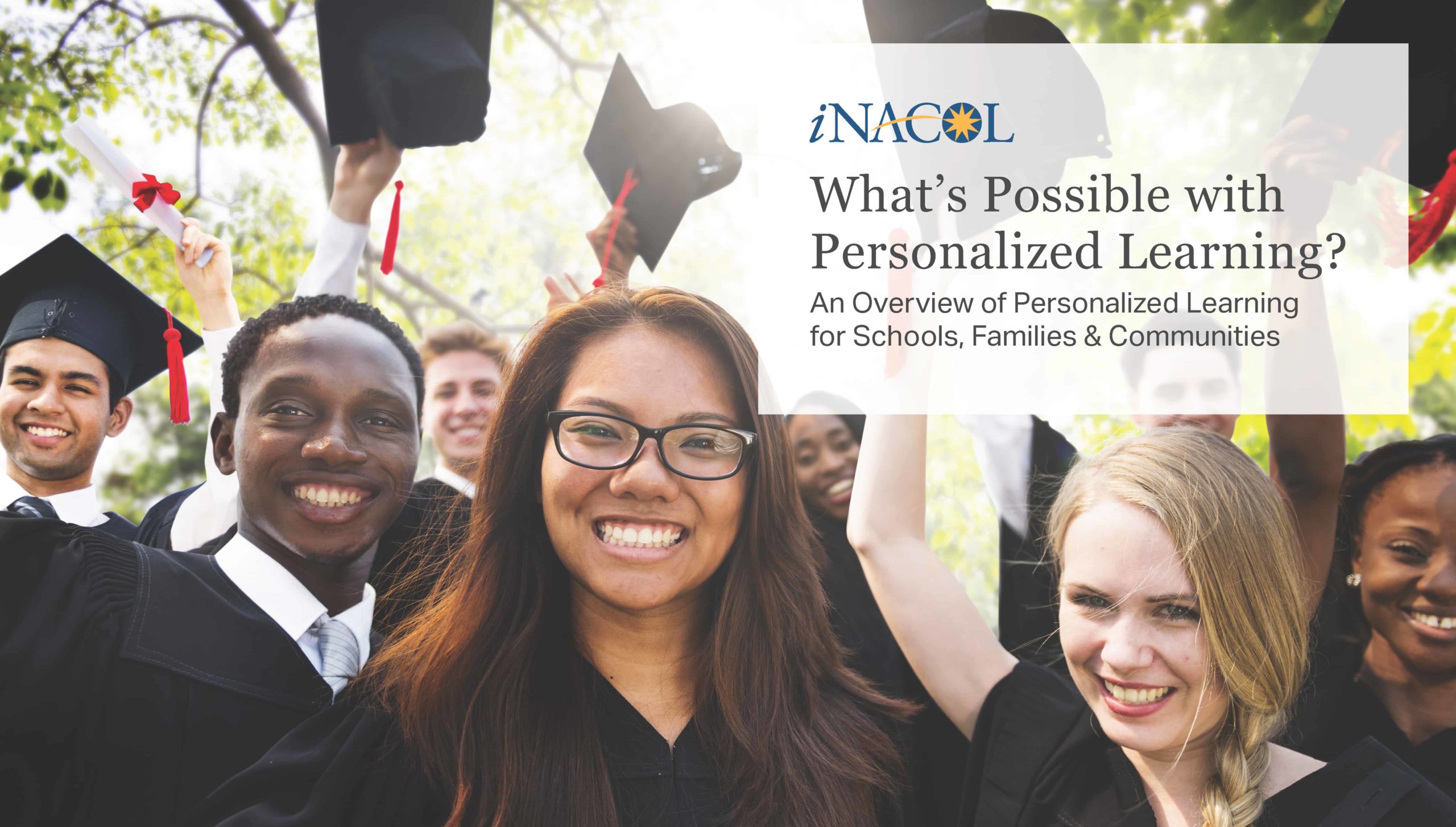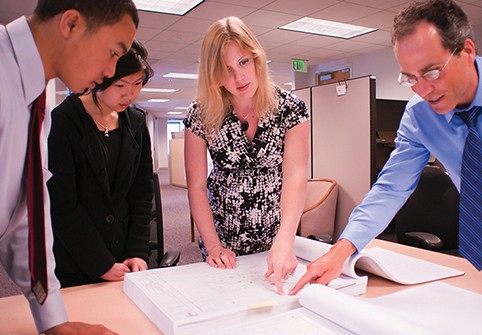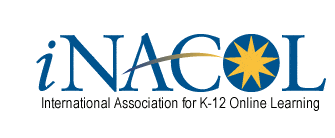Posts by Susan Patrick
New Personalized Learning Report for Parents and Communities
This new report from iNACOL is designed to help families and communities understand the potential of personalized learning through real-life examples in schools across the country.
New Zealand Leads the Way on Competency-Based Learning: Part 2
In part one, I highlighted the research underpinnings, move toward equity, and cultural roots at play in New Zealand's competency-based education. Here, I conclude those thoughts with takeaway notes from some of New Zealand's leading experts.
Could States Create Design Competitions in a New Era of ESSA? Getting Started with Next Generation Accountability
Now is the time for states to design competitions for local communities and local systems to map the future of accountability in support of innovation for equity. Driving breakthrough models that will incent the innovative education systems our students need today to be globally competitive.
Boosting Access to the Benefits of Blended Learning
A vague Pennsylvania law is being interpreted to restrict blended learning for cyber schools. This is leaving cyber charter schools with little flexibility to create blended learning environments that combine the advantages of face-to-face instruction with the best of online learning.
Opportunity Begins with the Promise of Student-Centered Learning
As the President noted, “those who go all in on innovation today will own the global economy tomorrow.” And innovation breeds innovation. We believe in empowering student-centered, personalized learning that allows students to have tailored learning opportunities for each student's strengths, needs and interests.
10 Trends Driving the Future of Education
I believe the ultimate power of blended and online learning lies in the potential to transform the education system and enable higher levels of student-centered learning through competency-based approaches.
Challenging “What School Looks Like”
Today’s editorial on the growth of online offerings in higher education was right to acknowledge the benefits of blended learning models of instruction, but erred in its treatment of fully online courses and their potential ability to reach and teach students.
Blended Learning Philanthropy
What’s been on my mind: new learning models, role of philanthropy, practice and policy (including new accountability)… all student-centered.
21st Century Learning, At All Levels
Last Friday, Mark Edmundson, an English professor at The University of Virginia, wrote a scathing critique of online learning in The New York Times. Mr. Edmundson's understanding of his subject lacked an in-depth intellectual or practical study of the myriad diverse programs available to students from grade school to graduate school.
Students Are Motivated to Take Online Courses
Susan Patrick writes: "Despite what critics say, there is no evidence that children in online or hybrid classes are any less socially adjusted than those children who attend brick-and-mortar, traditional schools."









